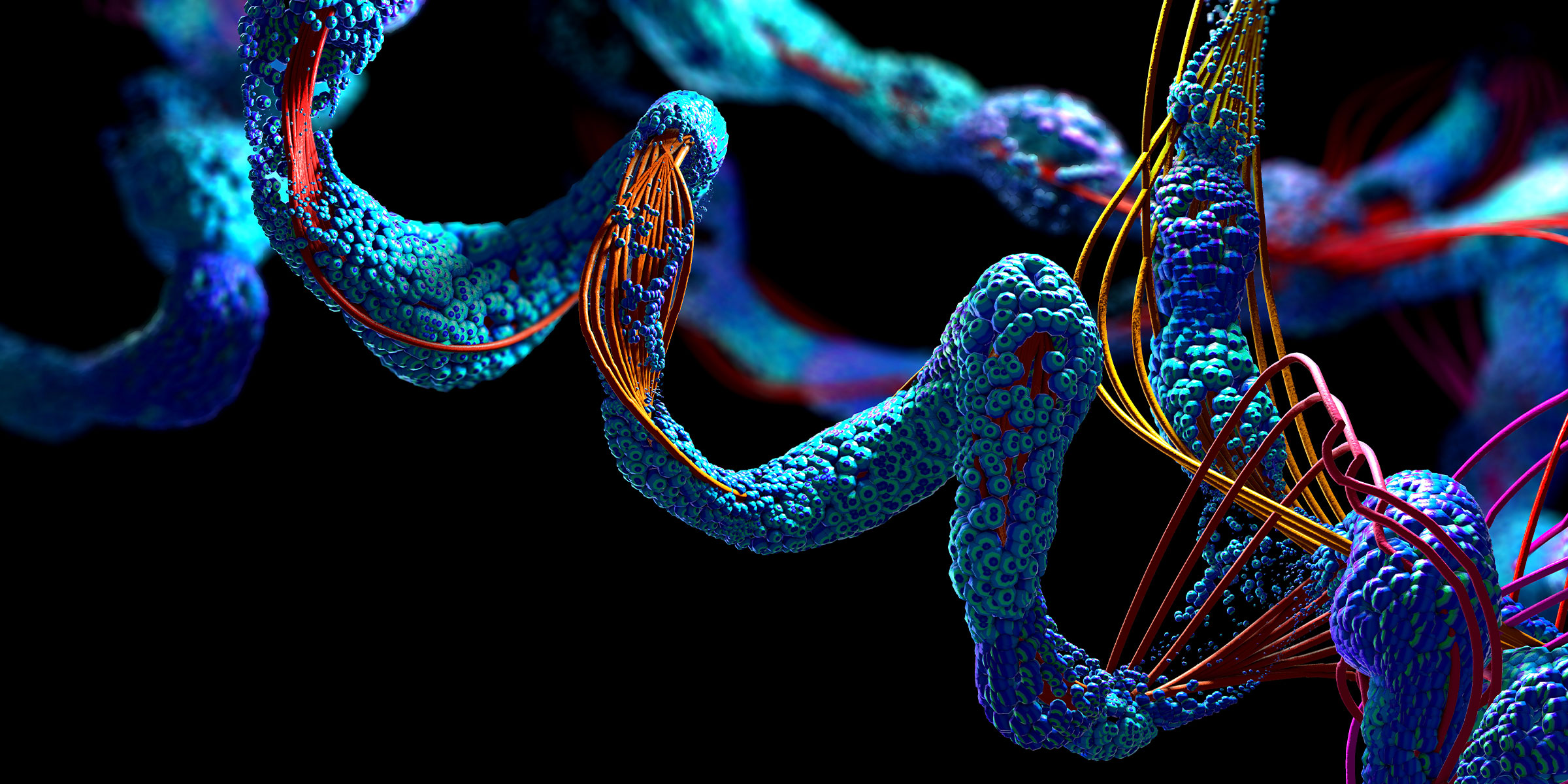Based on our 7+ years of scientific data with Raw Living Spirulina, 50+ combined years of study in holistic nutritional health as Hippocrates Health Educators (Naturopathic doctors), working with thousands of people, examining hundreds of blood tests, both intracellular and CBC, before and after lifestyle changes including Raw Living Spirulina, thousands of hours listening to our customers, helping them through some of their most challenging times, and most of all our extreme journey deep in this lifestyle, our most confident and educated answer is this:
First Note: Raw Living Spirulina is not a “supplement.” It is a super-concentrated whole-living food that can replace all supplementation needs.
1. Healthy individuals on a 100% Whole Plant lifestyle with one ounce of Raw Living Spirulina every am, with adequate unblocked sunshine, a home organic garden, and no exposure to Chlorine, should not need to take any supplements.
2. For those above that may not have a home organic garden or receive enough sunshine, we recommend for most, that they take Vitamin B-12 3-4X per week of Methylcobalamin and Vitamin D. (We recommend Premier Research Labs for both)
3. For those below the above reference, we recommend that before randomly consuming any supplement, a Comprehensive Micronutrient Intracellular Blood Test (Spectracell Labs) should be completed to determine if one has any nutritional deficiencies. This test should be done after at least two months with no supplements for optimum results.
Once it is determined a true nutrient deficiency exists, it is recommended that one consume raw plant foods that contain these nutrients. After four months, we recommend having a follow-up test done. If the results still show the same low nutrient levels, and those foods were consumed, then whole food supplements can be an excellent temporary bridge option while evaluating the root cause.
Supplements should always be “whole food,” not synthetic. Unfortunately, approximately 95-97% of all supplements today are artificial. Synthetic nutrients are produced artificially in industrial processes and are commonly made from chemical ingredients such as coal tar and turpentine. Synthetic nutrients do not include “whole food supplements,” made from concentrated, dehydrated whole foods.
If your supplement is synthetic, you can check the label. Whole food supplement sources are labeled as made from 100% plants and do not include the word natural. They will also cost much more than the synthetic versions.
Supplements that list nutrients individually, such as vitamin C use chemical names like ascorbic acid and are most undoubtedly synthetic. Ascorbic acid is not Vitamin C. For example, scurvy disease is caused by a deficiency of Vitamin C. Taking even high amounts of ascorbic acid does not cure it; however, consuming an orange, lemon, or lime does.

Research consistently shows that synthetic nutrients are no replacement for a healthy plant lifestyle. Every moment 24/7/365, our 100 trillion cells require fresh raw materials to rebuild new cells, repair tissues and restore used energy. These nutrients are in high demand and must contain living enzymes for complete cellular function. Unfortunately, pills, powders, and potions do not have living enzymes, so our bodies must steal from other sources to use them. This process in itself is depleting.
Meanwhile, nutrients must be recognized and adequately absorbed into the bloodstream to have any effect internally. Consuming unrecognizable stuff does not trick your body into using something fake. Getting our nutrients from whole plant foods is always the best option.
However, taking a whole food supplement can be beneficial if you genuinely lack a specific nutrient, and you know for sure via intracellular blood tests.
Supplements should be considered “as additions to not in place of” and used only as a last resort.
Raw Living Spirulina is the optimal bridge for nutrient deficiencies in today’s food.


Leave a Reply
Your email is safe with us.